A small early study released on Saturday found that a single infusion of an experimental gene-editing drug, using the CRISPR technique, appears safe and effective for cutting cholesterol levels in patients with high cholesterol. The study, which involved 15 volunteers, discovered that one infusion of the drug reduced cholesterol levels by about half, as well as levels of harmful triglycerides.
According to the study, the participants received a single infusion of the gene-editing drug, which was designed to target and edit the PCSK9 gene, a key player in cholesterol production. The results showed that the treatment significantly reduced low-density lipoprotein (LDL) cholesterol, also known as "bad" cholesterol, by an average of 48% at six months after treatment. Additionally, the treatment reduced triglycerides, a type of fat found in the blood, by an average of 44% at the same time period.
Dr. Carl June, a gene therapy expert at the University of Pennsylvania, expressed enthusiasm about the findings, stating, "This is a very promising approach to treating high cholesterol. The idea that we can give a single infusion of a gene-editing drug and have it work for years is a game-changer." June noted that the study's results are particularly significant because they suggest that the treatment could potentially provide long-term benefits, reducing the need for ongoing medication.
High cholesterol is a common condition that affects millions of people worldwide, increasing the risk of heart disease and stroke. Current treatments for high cholesterol often involve long-term medication, which can have side effects and require ongoing monitoring. The potential of gene-editing technology to provide a more permanent solution has generated significant interest in the medical community.
While the study's results are promising, experts caution that more research is needed to fully understand the potential of this treatment. Dr. Eric Topol, a cardiologist and geneticist at the Scripps Research Institute, noted that the study's small size and short duration limit its conclusions. "We need to see larger, longer-term studies to confirm these findings and understand the potential risks and benefits of this treatment," Topol said.
The study's authors plan to conduct further research to explore the potential of this treatment and to determine its safety and efficacy in a larger population. If successful, this gene-editing approach could provide a new option for patients with high cholesterol, potentially reducing their reliance on medication and improving their long-term health outcomes.
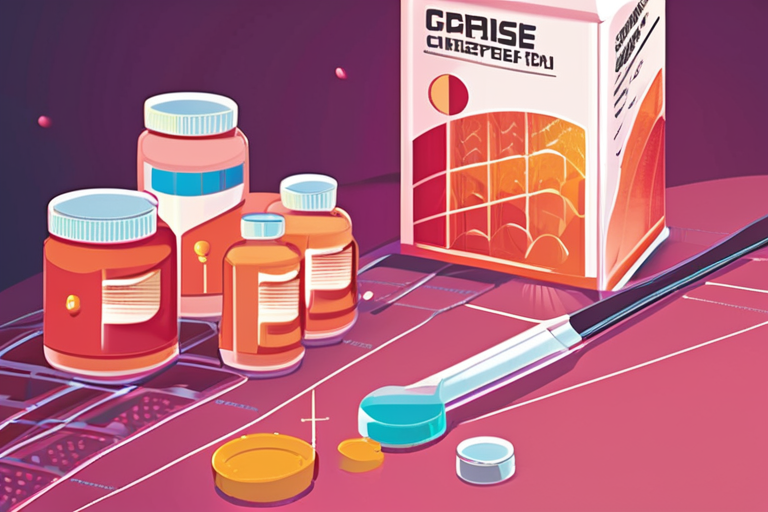



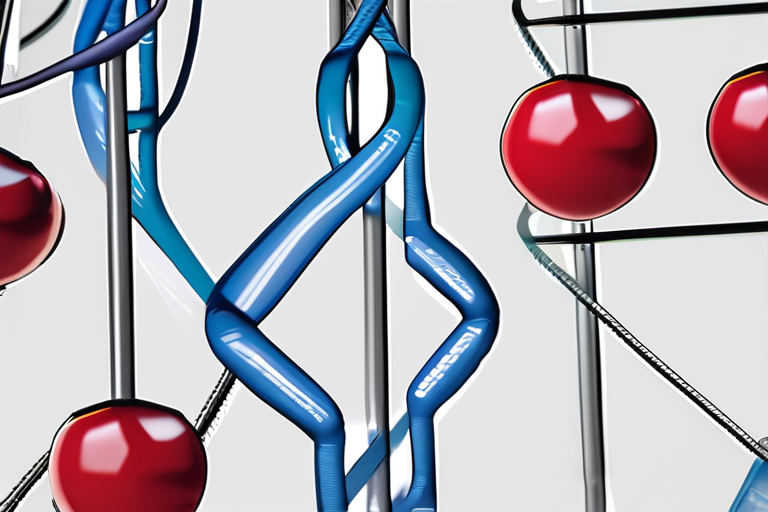
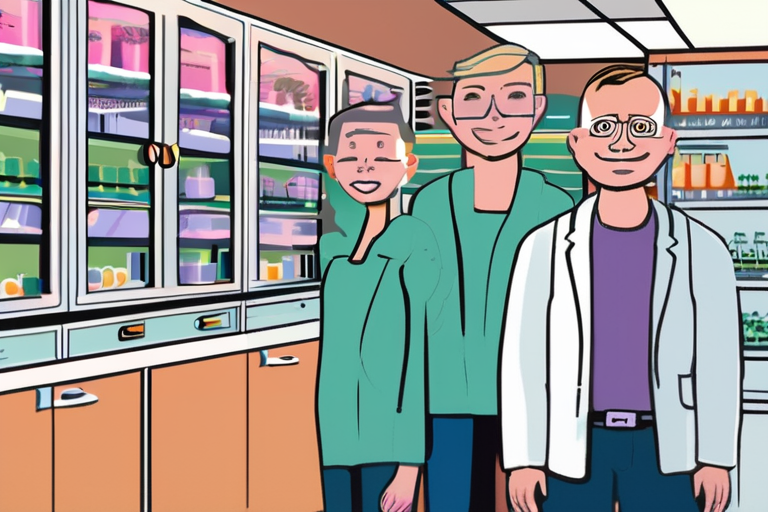


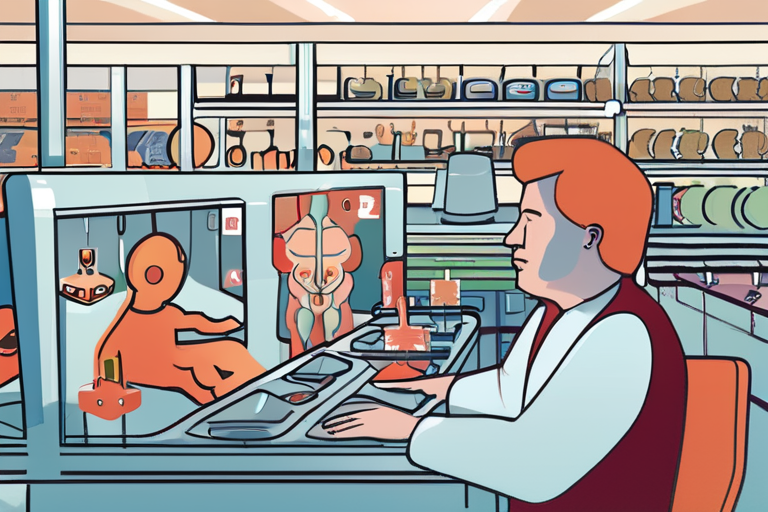
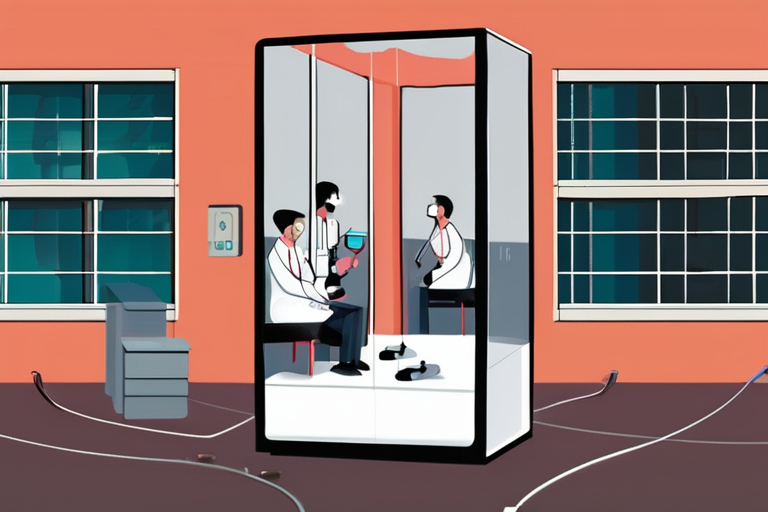
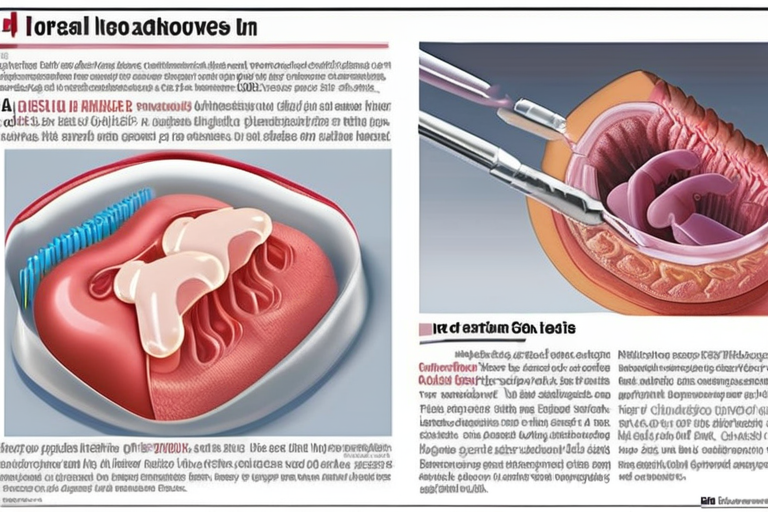
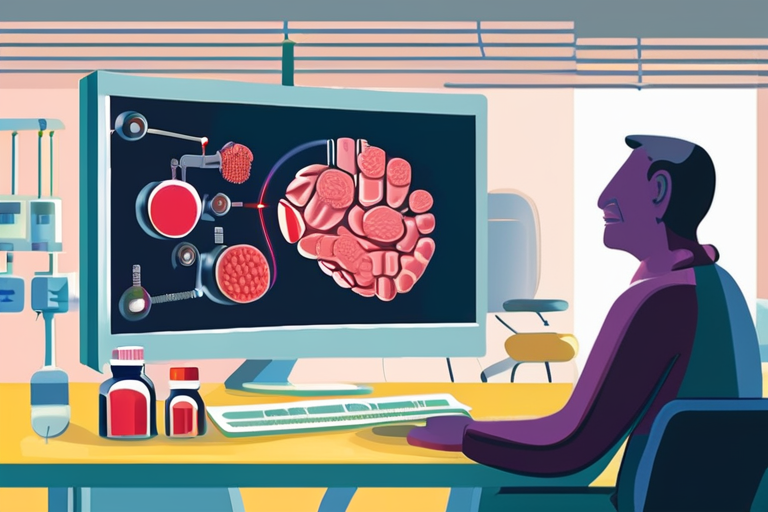


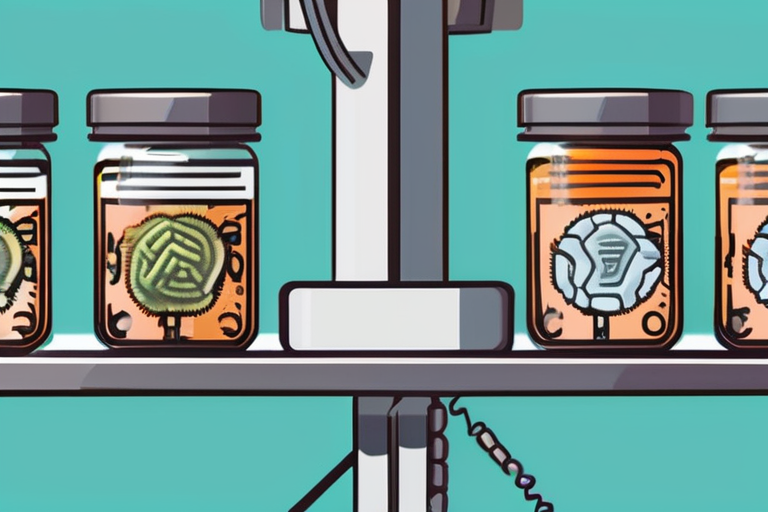


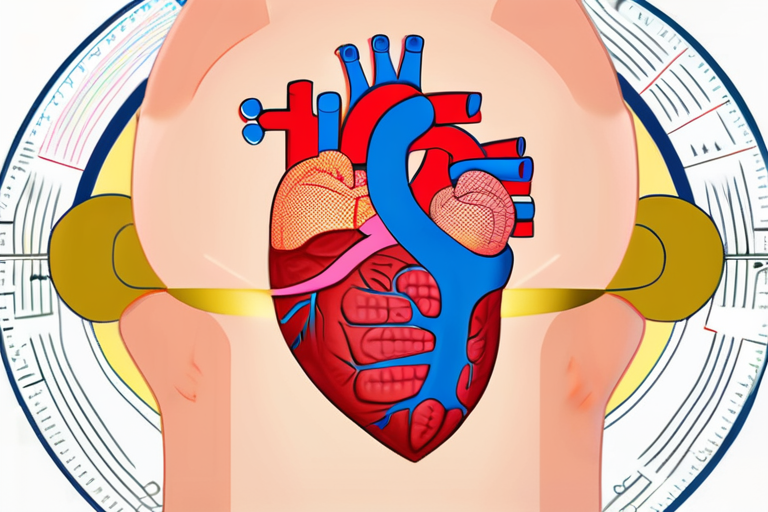
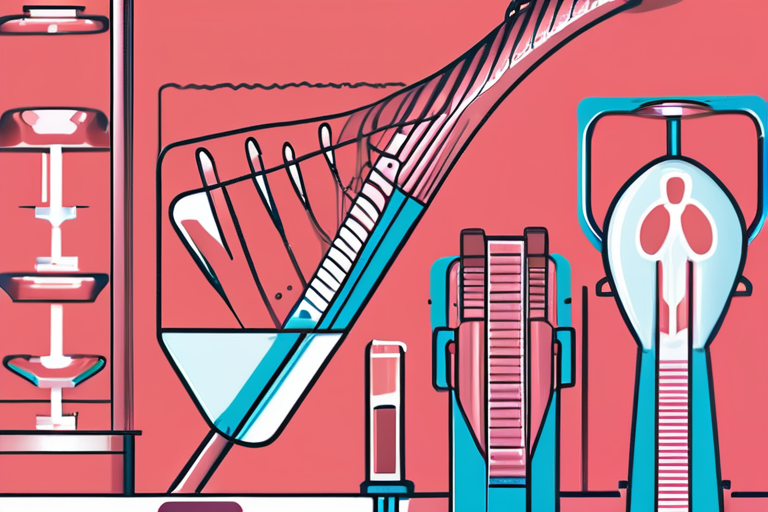


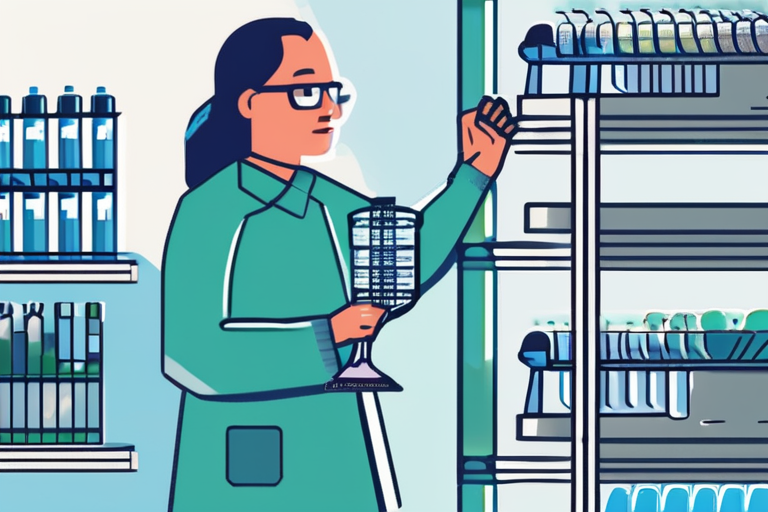
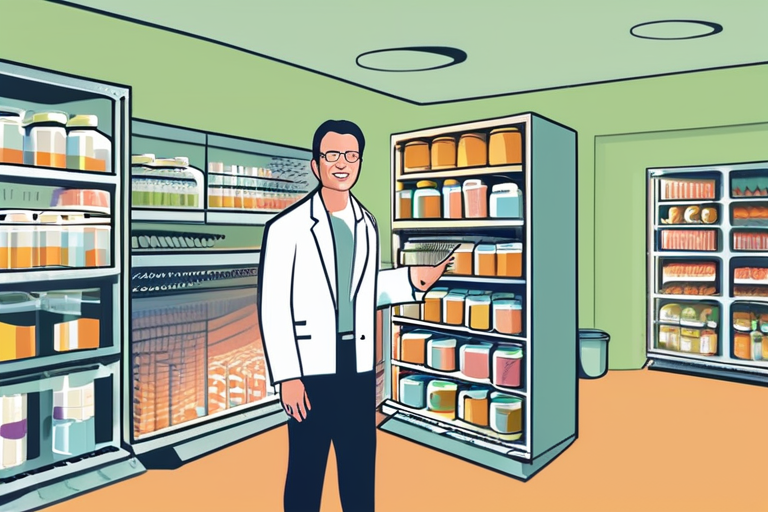




Share & Engage Share
Share this article